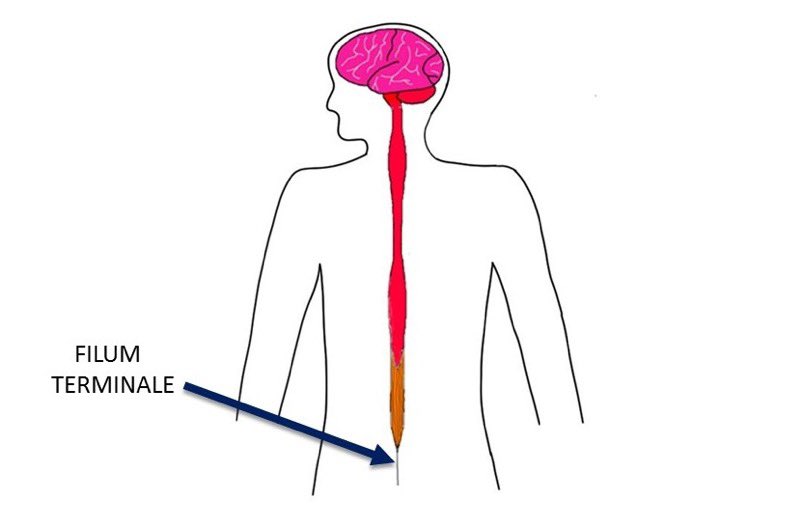
Acetylcholine receptor autoantibodies have been found in subsets of #MECFS and #POTS patients. This can impair autonomic nervous system function and mast cell regulation. What I did not know is that these autoantibodies can also impair collagen synthesis.🤯
1️⃣Acetylcholine autoantibodies in #MECFS and #POTS: me-pedia.org/wiki/Acetylcho…
2️⃣ Herpesviruses and acetylcholine autoantibodies: me-pedia.org/wiki/Acetylcho…
3️⃣ Collagen synthesis in acetylcholine receptor M3 KO mice: sciencedirect.com/science/articl…
2️⃣ Herpesviruses and acetylcholine autoantibodies: me-pedia.org/wiki/Acetylcho…
3️⃣ Collagen synthesis in acetylcholine receptor M3 KO mice: sciencedirect.com/science/articl…
Is it possible that a subset of patients have an acquired, autoimmune connective tissue disorder? Could this help explain observations of: herpesvirus reactivation, dysautonomia, MCAS, and elevated hydroxyproline/lysine in a subset of #MECFS patients, w/ w/o hypermobility?
4️⃣“Muscarinic receptors mediate stimulation of collagen synthesis in human lung fibroblasts” erj.ersjournals.com/content/32/3/5…
Maybe we should all start smoking!*5️⃣ “Nicotine promotes proliferation and collagen synthesis of chondrocytes isolated from normal human and osteoarthritis patients” link.springer.com/article/10.100…
*very much kidding
*very much kidding
**sorry—I should have said MAY impair collagen synthesis, since acetylcholine receptors play an important role in collagen synthesis, and autoimmunity to these receptors can impair their function, and thus the action of acetylcholine on the cells.
• • •
Missing some Tweet in this thread? You can try to
force a refresh



